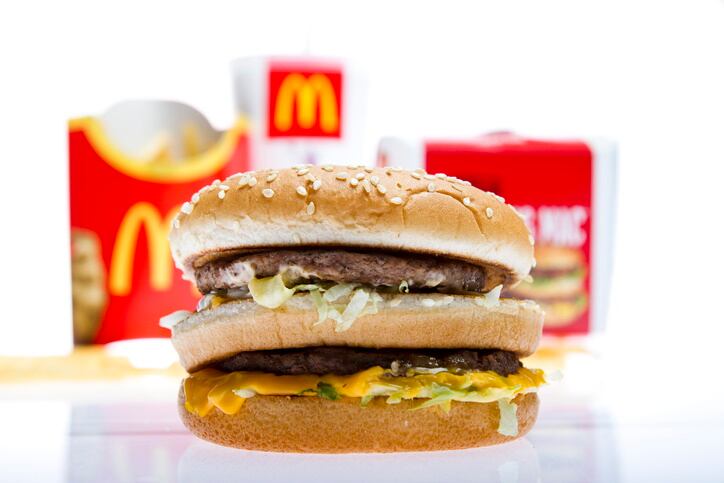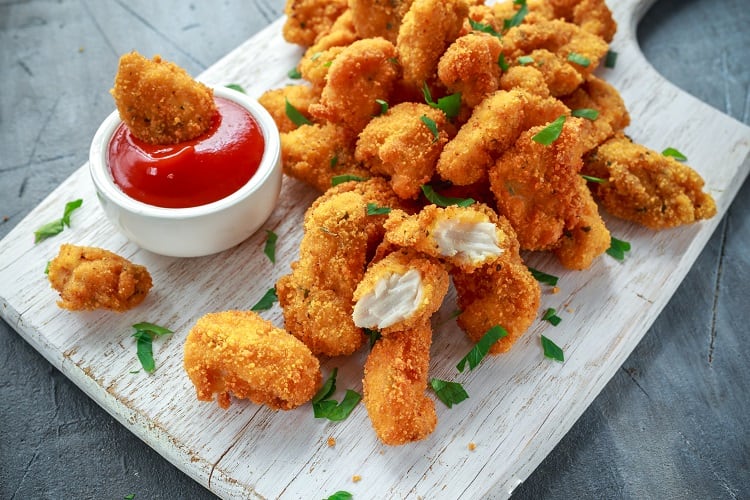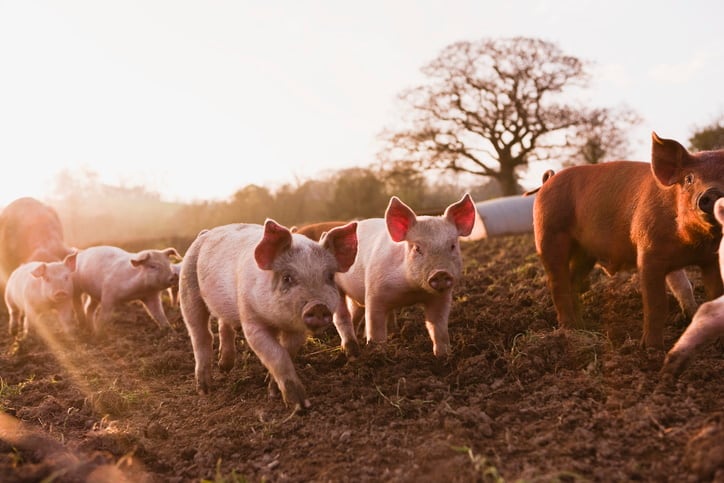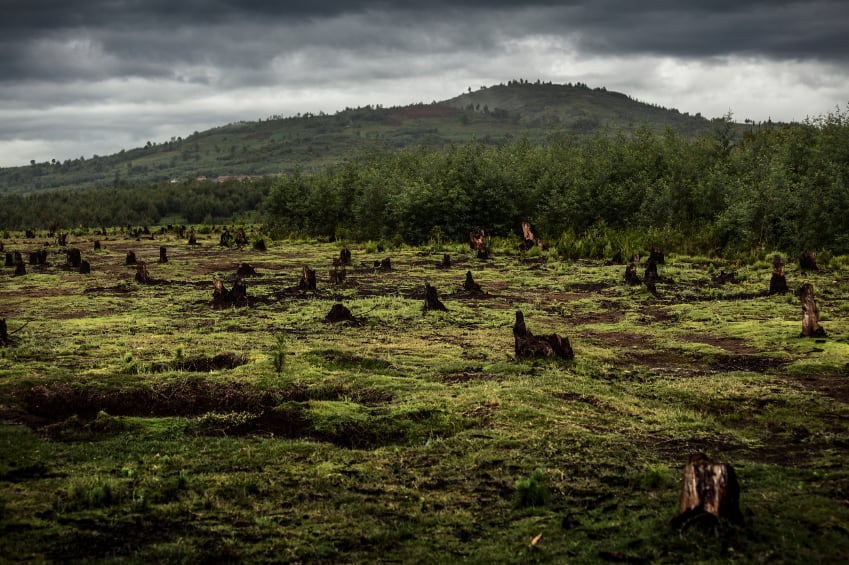New data released this week in the Coller FAIRR Protein Producer Index - which assesses the sustainability of large meat, fish and dairy producers – came as sober reading for those hoping to see strong progress toward reducing the climate impact of animal production.
The Index examines 60 publicly-listed animal protein producers, worth a combined $338bn, and rates the level of ESG risk these companies expose investors to.
In total, 86% of major meat and dairy suppliers are still failing to set ‘meaningful’ targets to reduce greenhouse gas emissions, the Index found.
“FAIRR’S data shows three in four global meat and dairy giants are hiding the full extent of their climate emissions or failing to set comprehensive targets to reduce them,” Jeremy Coller, Founder of the $25 trillion FAIRR network and CIO of Coller Capital, stressed.
These suppliers provide the meat and dairy inputs for many of the burgers, nuggets and ready meals sold by high street brands. “Factory farms are undermining both the climate ambitions of high-street brands and the viability of the Paris Agreement,” Collier warned.
Climate action 'severely undermined' by suppliers
Many large consumer-facing food businesses have made significant commitments to curb the climate impact of their operations.
Nestlé has said that it will reach net zero emissions across scopes 1, 2 and 3 of its business by 2050. McDonald’s, meanwhile, has pledged a 31% reduction in emissions by 2030, as well as a commitment to eliminate deforestation in its supply chain by this date.
However, FAIRR’s Index found that McDonald’s and Nestlé currently use suppliers like Fujian Sunner in China, Seaboard Corporation in the US and Cherkizovo Group in Russia who score 1% or less on FAIRR’s GHG criteria. This means they do not declare any GHG emissions and/or have no public targets to reduce them.
Today’s findings, FAIRR warned, suggest that the climate pledges of major high-street brands are being ‘severely undermined’ by the animal protein supply chain’s failure to act on climate change.

‘Engaging our suppliers is critical’
When contacted by this publication, both McDonald’s and Nestlé reiterated their commitment to achieving their climate goals which, they said, include emissions in their supply chains.
“To secure a thriving food system for the future, the food industry as a whole has an opportunity – and responsibility – to help mitigate the impacts of climate change and find more sustainable ways to feed people. At McDonald’s, our responsible sourcing strategy includes a climate action target to reduce greenhouse gas emissions intensity in our supply chain by 2030, as well as a commitment to eliminate deforestation from our global supply chains by 2030, prioritizing by end of 2020 the raw materials we buy in the greatest volume: beef, chicken (including soy in feed), palm oil, coffee and the fibre used in guest packaging,” a spokesperson for McDonald’s emphasized.
Meanwhile, Nestlé emphasized the work that has already been undertaken to map its carbon footprint since the net zero pledge was announced a year ago. “Nestlé is committed to achieving net zero carbon emissions from ‘farm to fork’ by 2050. Since announcing our net zero pledge in September 2019, we’ve been working hard on assessing exactly where our emissions come from and how we can reduce them, working in partnership with others,” a spokesperson for the Swiss food giant explained.
To hit its target, Nestlé acknowledged the necessity of getting suppliers to cut their carbon footprints, the spokesperson continued. “The vast majority of our emissions originate from our supply chain, particularly in the agricultural sector. This means that engaging our suppliers is critical to success. We look forward to making rapid progress, building on decades of success in improving social and environmental conditions in our supply chains.”
Likewise, McDonald’s insisted that it needs to work alongside suppliers to cut scope 3 emissions. “We are proud of our ongoing partnership with our suppliers and producers to accelerate action and achieve the widespread adoption of more sustainable practices. We work closely with our biggest suppliers in the product categories in which we can have the greatest impact and actively encourage these suppliers to set targets, measure and report emissions and take action to make reductions. We know we cannot drive industry-wide change alone, and we encourage all companies to work collaboratively on solutions.”
Nevertheless, Teni Ekundare, Investor Outreach Manager at FAIRR, told us that big name brands could ‘do more’ to achieve meaningful change at their suppliers.

Brands as agents of change
“Consumer brands like Nestlé and McDonalds need to do more to encourage action from their suppliers… including making disclosure on emissions part of the procurement process, incentivizing innovation in the agriculture and forestry sectors - for example to capture more carbon - and perhaps supporting legislation to expand renewable energy or to establish carbon pricing," Ekundare urged.
Most importantly, Ekundare continued, urgent action is required to address the link between animal protein production and deforestation. “Perhaps the most significant step should be to monitor and set targets to stamp out any deforestation that is being undertaken in their supply chain in order to provide feed for livestock… Amazonian deforestation hit its highest levels in over a decade in 2019, and continued to climb in 2020."
Ekundare believes that, for companies who have set their own science-based targets, this approach will have to feed through to their suppliers. "I think that the process of setting and implementing a science-based target will automatically require the suppliers of the committed firm to start reducing their emissions in line with what science demands.”
According to the index, seven suppliers have committed to a science-based target. Of these, three (CPF, Cranswick and Marfrig) are in the process of actually setting one. But the deep supply chain analysis required this takes time.
Nevertheless, FAIRR expects that this is going to be increasingly important for food makers and their suppliers with climate action ‘absolutely’ expected to become part of commercial discussions.
“With COP26 on the horizon, the regulatory headwinds are pushing for further and faster action on climate and that is increasingly shaping commercial discussions. Separate analysis by FAIRR found that carbon taxes alone could cost 40 of the biggest meat companies up to $11.6 billion of EBITDA by 2050,” Ekundate noted.




